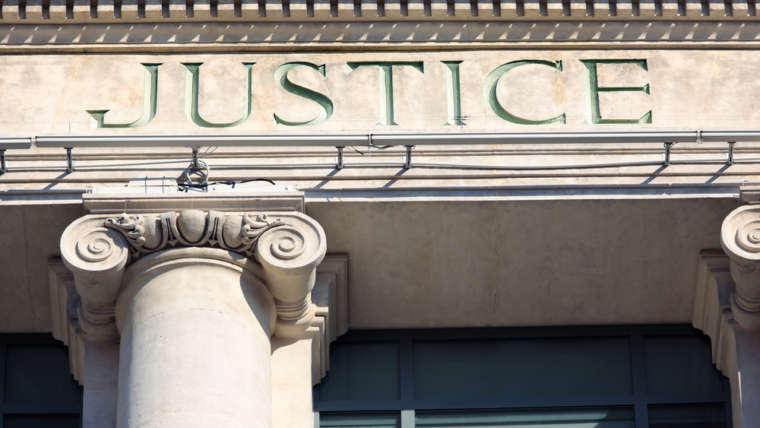Faced with an unpleasant neighbour whose behaviour is repetitive and who does not pay attention to the demands of other neighbours so that the harassment of other neighbours is not repeated, the community of owners can agree to file a lawsuit to stop the unpleasant behaviour of that neighbour.
For noxious activities, dangerous or illegal behaviors that are provided for in Article 7 of the “Presidential Property Law”, the community president will ask the neighbor to immediately stop the nuisance activities and warn of the improper use in the area, to file a lawsuit must be approved by the owners’ committee by simple majority.
Before filing a claim against an unpleasant neighbour, the community must have sufficient evidence to prove the authenticity of these activities (photographic notarization, police reports, technical reports on damages, previous warning letters, etc.). If a claim for loss and damage is filed, a report stating the reason for the damage to the common elements and its invoice or maintenance estimate must be attached.
The lawsuit must be brought against both the tenant and the landlord, and precautions may be required to ensure the effectiveness of the cease and desist order. If the cease and desist claim for nuisance activities is upheld, the lease will be terminated and the landlord may be banned (if required by the CCPP), depriving the right to rent the house for a period of time. Up to 3 years.
It is also possible to start criminal proceedings against the tenant for damage, noise, insults, having dogs in the common areas, etc. (in this sense, this is tantamount to disturbing the neighbours). (in this sense, this is tantamount to annoying the neighbours).
Logically, in accordance with the principle of minimum intervention of the criminal law, for complaints that may disturb the prosperity of the annoying neighbour, the authorship, the typicity, the factual background, the continuity of the facts and the physical integrity of the affected person must be fully proven damages.
Although the criminal process tends to be the least used by the community, the truth is that in recent years we have seen that, in addition to playing a useful and relevant role in any situation, judges and courts are increasingly sensitive to issues of coexistence within the community.


